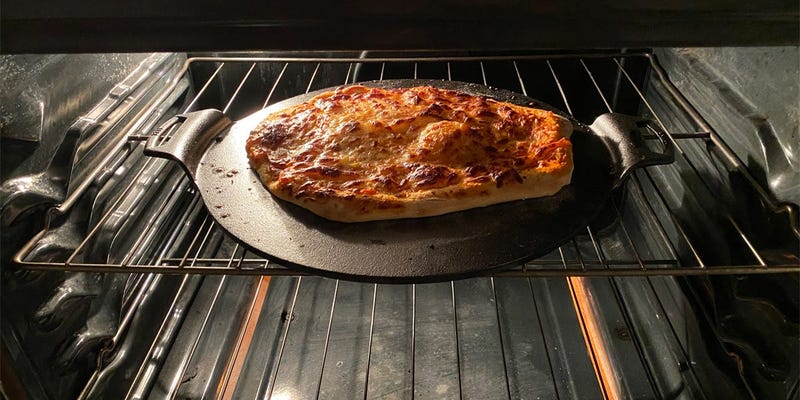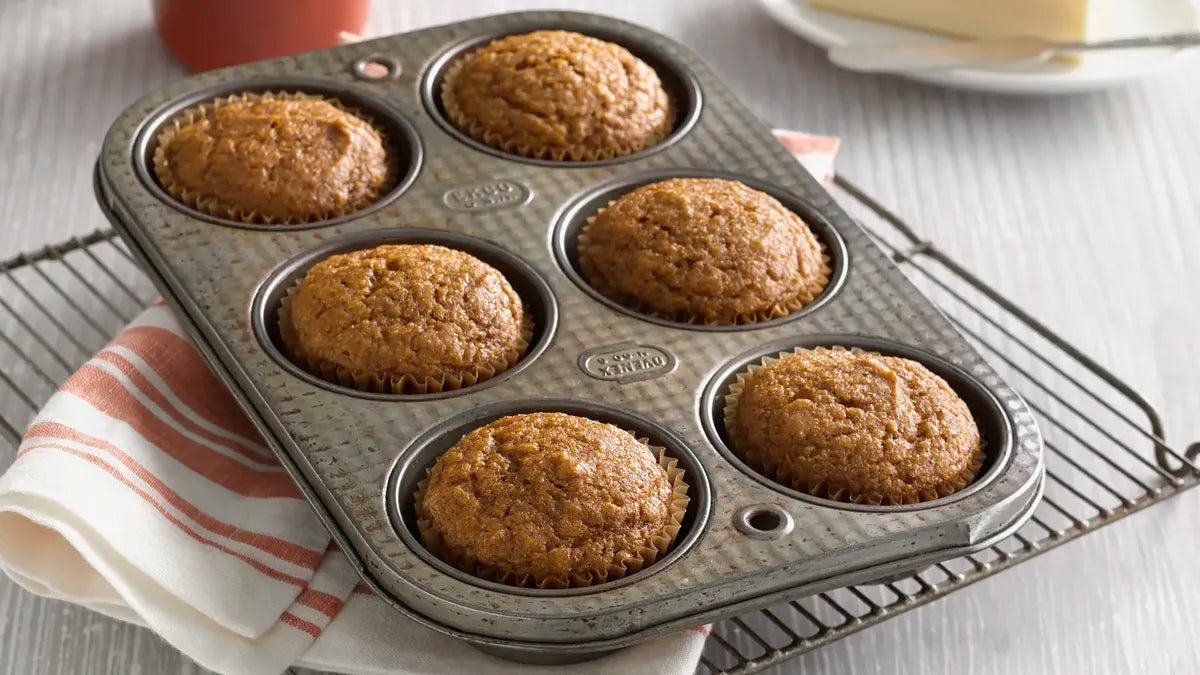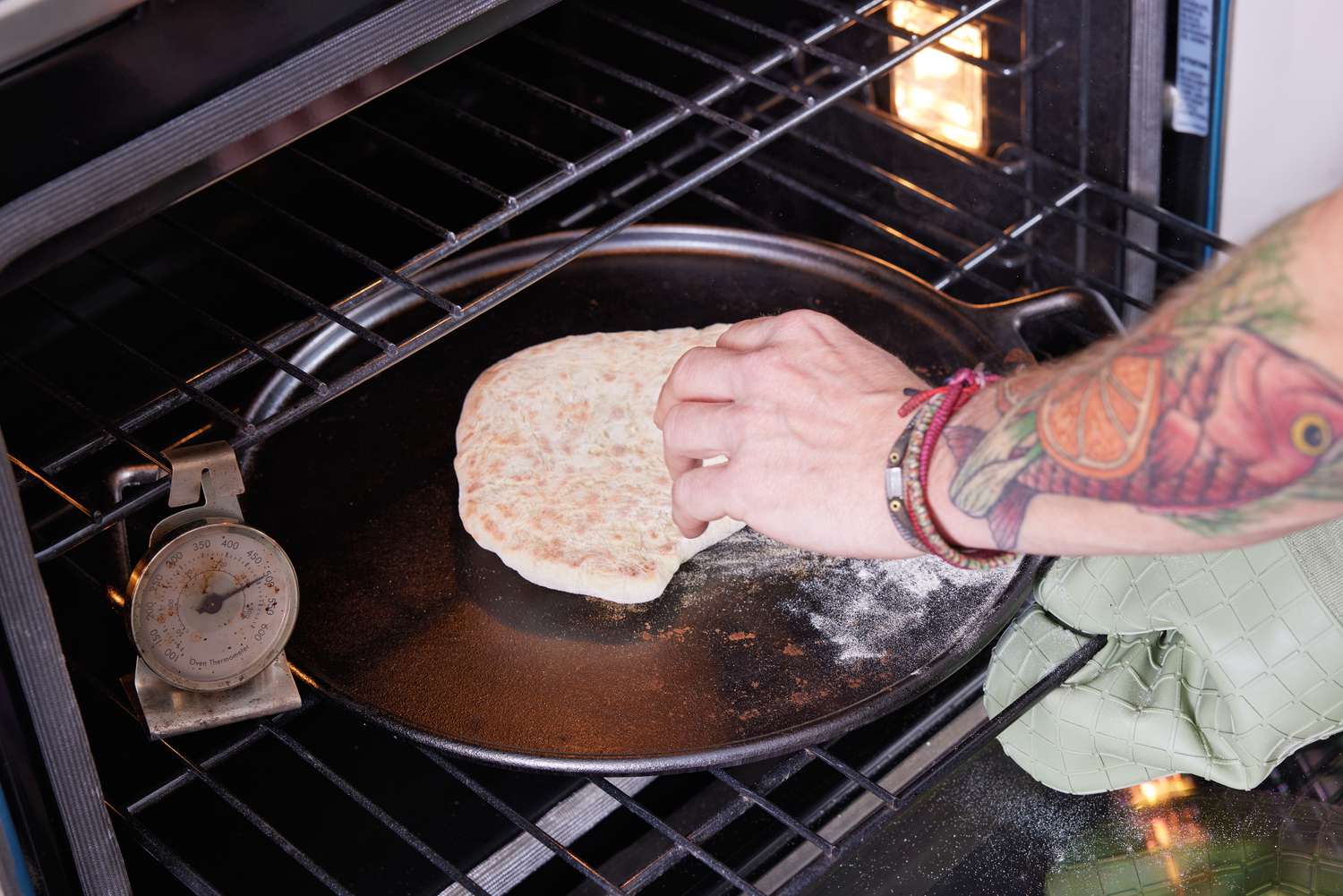Creating culinary masterpieces requires precision and the right tools. For kitchen professionals, understanding the role of a baking stone in heat retention can elevate your cooking game. The baking stone's heat retention ability ensures evenly cooked dishes that are both efficient and flavorful.
Baking stones are known for their ability to absorb and distribute heat evenly. This property is crucial when it comes to using baking stones in a professional kitchen setting. When preheated to the right temperature, a baking stone provides a stable and consistent heat source. Its effectiveness in retaining heat results in more efficient cooking processes, conserving energy while also enhancing the quality of the food being prepared.

How Does Baking Stone Heat Retention Work?
The secret behind a baking stones efficiency lies in its material composition. Typically made from ceramic, cordierite, or composite materials, baking stones have an inherent capacity to store heat. When you place dough or other food items on a preheated stone, it releases the stored heat, baking the item evenly from all sides. This heat retention is particularly visible when comparing the baking stone to metal pans, where hotspots can cause uneven cooking.
This process is critical when seeking consistent results in professional kitchens. For instance, when baking bread or pizza, maintaining the right oven temperature is key to achieving the perfect crust. The amazing property of the baking stone to retain heat allows chefs to consistently produce high-quality results.
Choosing the Right Baking Stone for Optimal Retention
Not all baking stones are created equal. When selecting a baking stone, professionals must consider the material, thickness, and size. Thicker stones generally retain heat longer, which can be beneficial for longer bake times or when baking multiple items. However, they may take longer to preheat, adding to the preparation time.
For those looking to delve deeper into baking stone features and benefits, consider visiting this comprehensive guide. It examines the unique properties of different baking stones and offers insights into how they can enhance your culinary skill.
Understanding the Science: Heat Transfer in Baking Stones
The understanding of heat transfer in thermodynamics is essential when discussing a baking stone. This includes conduction, convection, and radiation, which collectively impact the baking process. In conduction, the baking stone transfers heat directly to the food in contact with its surface. Meanwhile, convection involves circulating air carrying heat from the stone to other parts of the oven.
A deeper exploration of thermal dynamics can provide invaluable insights for kitchen enthusiasts looking to master their craft. Discover the intricacies of how these properties can influence baking results and why they matter.
Enhancing Performance: Preparing Your Baking Stone
Preparation is key to maximizing your baking stone's efficiency. Proper preheating ensures even distribution of heat, crucial for achieving perfect results. Typically, a baking stone requires at least 45 minutes to an hour to preheat fully. Refer to detailed guidelines on preheating baking stones and discover how to streamline your cooking process while maximizing results.
Maintaining Optimal Heat: Post-baking Considerations
After removing your culinary creations, the baking stone continues to retain heat for a period. This property is particularly advantageous in busy kitchens where efficiency and quick turnaround times are crucial. Equally important is maintaining the stone, ensuring it is cleaned and stored properly to prolong its life and performance.
Investing in a baking stone and understanding its heat retention capabilities can significantly impact your cooking endeavors. For professionals seeking consistent, high-quality results, incorporating a baking stone into your kitchen repertoire can be transformative.
:max_bytes(150000):strip_icc()/pizza-stone-testing-winners-the-original-baking-steel-wdickey-7-63-0eab155b17994dcc94fe89c908bab57d.jpg)
FAQ
What material provides the best heat retention for a baking stone?
Generally, cordierite is highly praised for its excellent heat retention and ability to withstand high temperatures, but stones made out of clay or composite materials also perform well.
How long should I preheat my baking stone?
A typical preheating time is between 45 minutes to an hour. This ensures your baking stone reaches its optimum heat retention capability.
What is the best way to clean a baking stone?
Avoid using soap or detergent as it may absorb into the stone. Use a damp cloth and scraper to clean off residue after it has cooled. Consistent care will ensure the longevity and effectiveness of your baking stone.
This article contains affiliate links. We may earn a commission at no extra cost to you.






Leave a comment
This site is protected by hCaptcha and the hCaptcha Privacy Policy and Terms of Service apply.